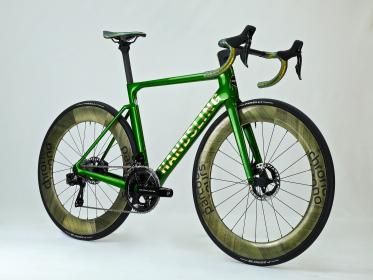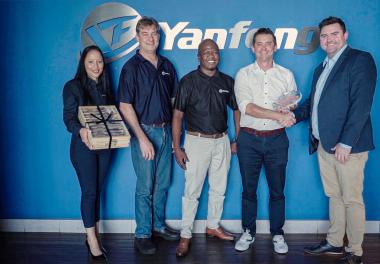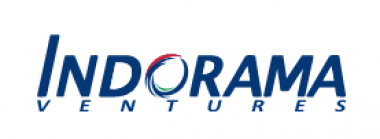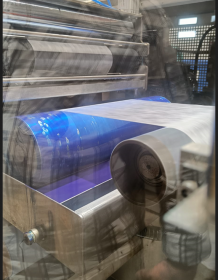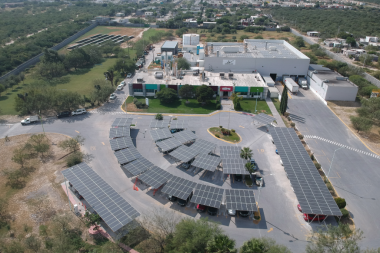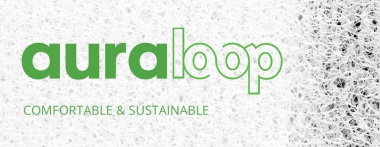Hypetex: Coloured Carbon Fibre Bike Wheels launched at The Cycle Show
The first set of coloured carbon fibre bike wheels made a debut public appearance at The Cycle Show at Alexandra Palace.
Developed in partnership with leading wheel brand Parcours, the Chrono carbon fibre wheels feature a gold finish made of Hypetex’s Zlatan uni-directional material and offer a lighter and higher-performance product than the traditional painted alternative.
Hypetex is a sustainable colouring technology for advanced materials, such as carbon fibre. Born out of Formula 1 racing, its patented paint-replacing process is a key step in advancing the lightweight revolution. Combining water-based eco-resins with a sustainable curing process, Hypetex materials are made with bold, colourful aesthetics as well as technical and cost-saving benefits.
Parcours is a leading wheel brand that offers high-performance, premium wheelsets that employs the latest advancements in aerodynamic technology. The Parcours X Hypetex gold wheels were featured at The Cycle Show in London on a bespoke Handsling A1R0evo, which was nominated for the Jaw Droppers trophy - a competition for the industry’s most striking designs.
Hypetex


